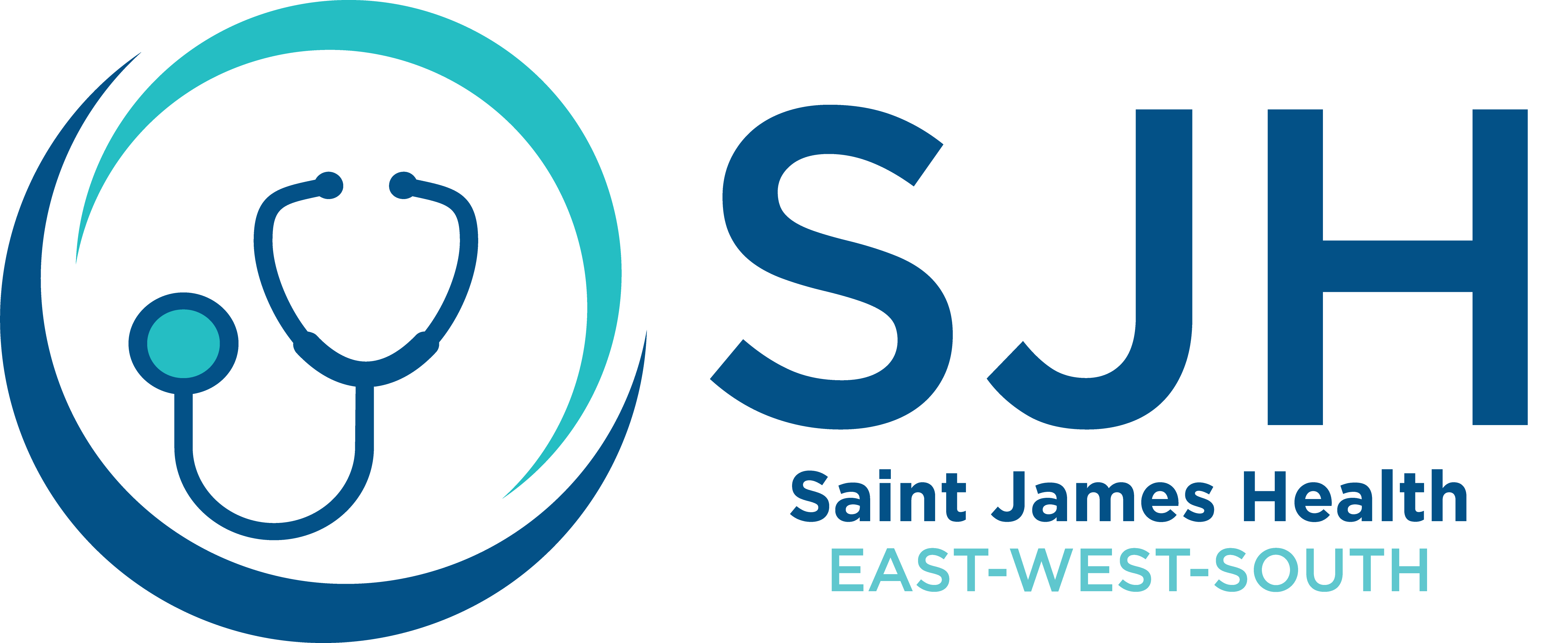Life is a journey marked by various stages, each presenting unique challenges and opportunities. Just as our priorities and responsibilities evolve, so do our health concerns. From the innocence of childhood to the wisdom of old age, understanding and addressing health issues at different life stages is crucial for overall well-being. In this blog, we’ll explore common health concerns across various life stages and provide practical tips as shared by health care specialists to promote a healthy and fulfilling life.
- Childhood (0-12 years)
- Nutrition and Growth
One of the primary concerns during childhood is proper nutrition for optimal growth and development. Ensuring a balanced diet rich in vitamins, minerals, and essential nutrients is essential. Parents should focus on fostering healthy eating habits early on, encouraging the consumption of fruits, vegetables, and whole grains.
- Vaccinations
Childhood is also a critical time for vaccinations to protect against infectious diseases. Following a recommendation, most health care specialists say a vaccination schedule helps build immunity, preventing the spread of illnesses and ensuring a child’s well-being.
- Physical Activity
Promoting physical activity is crucial for children’s health. Encouraging regular exercise not only supports physical development but also contributes to cognitive and emotional well-being.
- Adolescence (13-19 years)
- Mental Health
As adolescents navigate the challenges of puberty, social pressures, and academic responsibilities, mental health becomes a significant concern. Open communication with parents, teachers, and friends is vital. Most health care specialists say educating teens about mental health and reducing stigma can encourage seeking help when needed.
- Healthy Relationships and Sex Education
Adolescents often begin exploring relationships and their own identities. Most health care specialists say providing comprehensive sex education, including discussions about consent, contraception, and sexually transmitted infections, is essential for making informed choices.
- Substance Abuse
The teenage years may introduce exposure to substances like alcohol and drugs. Raising awareness about the risks associated with substance abuse and fostering a supportive environment can help prevent addiction.
III. Young Adulthood (20-39 years)
- Establishing Healthy Habits
Young adulthood is a critical time for establishing lifelong habits. Most health care specialists say prioritizing a balanced diet, regular exercise and sufficient sleep can contribute to overall well-being. It’s also essential to manage stress and seek a healthy work-life balance.
- Reproductive Health
For those planning to start a family, reproductive health becomes a focus. Women should consider regular check-ups, prenatal care, and family planning. Men should also be mindful of factors that can impact fertility.
- Preventive Screenings
Regular health check-ups and screenings become more important in young adulthood to detect and address potential health issues early. This includes screenings for conditions such as high blood pressure, cholesterol levels, and certain cancers.
- Middle Adulthood (40-64 years)
- Cardiovascular Health
As individuals enter middle adulthood, the risk of cardiovascular diseases increases. Maintaining a heart-healthy lifestyle with regular exercise, a balanced diet, and monitoring blood pressure and cholesterol levels is crucial.
- Bone Health
Bone density starts to decline in middle adulthood, making bone health a priority. Adequate calcium intake, vitamin D, and weight-bearing exercises can help maintain bone density and reduce the risk of osteoporosis.
- Mental Well-being
Balancing career, family, and personal responsibilities can impact mental well-being. Most health care specialists suggest strategies such as stress management, mindfulness, and seeking support from loved ones or professionals can help maintain mental health.
- Older Adulthood (65 years and beyond)
- Chronic Conditions
Older adults may face an increased risk of chronic conditions such as diabetes, arthritis, and neurodegenerative diseases. Regular medical check-ups, medication management, and a healthy lifestyle can help manage these conditions effectively.
- Cognitive Health
Maintaining cognitive health is a priority in older adulthood. Engaging in mentally stimulating activities, staying socially connected, and adopting a brain-healthy diet can support cognitive function.
- Physical Activity and Mobility
Staying active is crucial for maintaining mobility and preventing falls in older age. Low-impact exercises, such as walking and swimming, can help maintain strength and flexibility.
VI All Life Stages
Mental Health Awareness and Destigmatization:
Promoting mental health awareness involves educating individuals about the importance of mental well-being and fostering an environment where discussing mental health is normalized. Most health care specialists suggest destigmatization aims to eliminate the societal stigma associated with mental health issues, encouraging open conversations, empathy, and seeking professional help when needed. This is crucial at every life stage as mental health is integral to overall wellness.
Importance of Regular Health Check-ups:
Explanation: Regular health check-ups are essential for preventive care and early detection of potential health issues. These appointments with healthcare professionals allow for routine screenings, monitoring of vital signs, and discussion of any concerns. Early detection often leads to more effective treatment and management, contributing to a healthier and more fulfilling life regardless of age.
Healthful Eating and Exercise Across the Lifespan:
Explanation: Maintaining a balanced and nutritious diet along with regular physical activity is vital for overall health at every stage of life. Most health care specialists suggest proper nutrition provides essential nutrients for growth, development, and disease prevention. Regular exercise not only helps in weight management but also improves cardiovascular health, boosts mood, and enhances overall well-being. Adopting healthy eating and exercise habits early on can have long-term benefits.
Building a Support Network for Overall Well-being:
Explanation: A support network consists of individuals, such as family, friends, and colleagues, who provide emotional, practical, and sometimes financial support. Building and maintaining a strong support system is crucial for navigating life’s challenges, reducing stress, and promoting mental and emotional well-being. This network becomes increasingly important during times of change, stress, or health-related issues, offering a sense of community and connection.
Conclusion
In the journey of life, health is an unwavering companion that evolves alongside us. At Saint James Health, medical healthcare specialists in New Jersey, we recognize the diverse needs and concerns that accompany each life stage. Our commitment extends beyond mere healthcare; it is a pledge to support individuals in their pursuit of holistic well-being from childhood through the golden years of older adulthood.
At Saint James Health, we understand that health is not a one-size-fits-all concept. We celebrate the uniqueness of each individual and tailor our services to address the specific needs of every life stage. Together, let us embark on a journey towards a healthier, happier, and more fulfilling life with Saint James Health.




 Hi! I`m an author of this blog. Read our post - be in trend!
Hi! I`m an author of this blog. Read our post - be in trend! 


